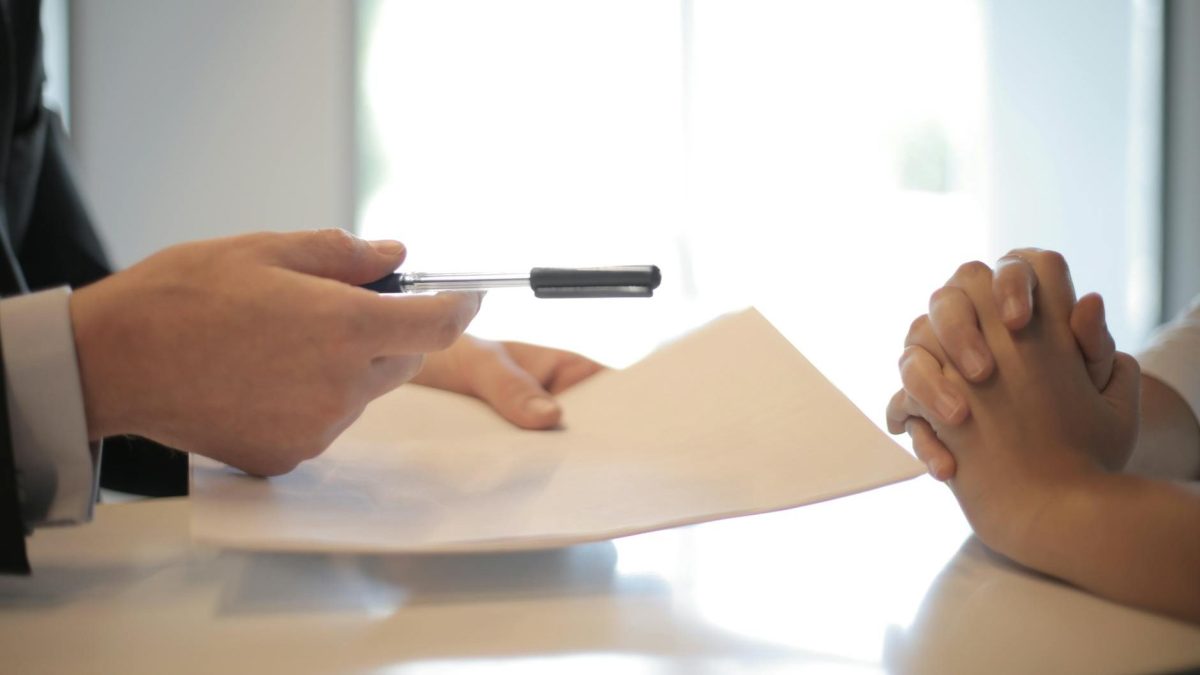And if there’s one thing I’ve learned, it’s that nothing, absolutely nothing, has a greater impact than when the communicator shows him/herself as he/she is. Yes, I’m talking about giving our opinion, talking about our family, our tastes, our hobbies, or even telling a joke with a friend.
The Humanization of the Communicator
Why does this happen? Because when we humanize ourselves, we connect better with our audience. It’s as if we suddenly stop being “the expert” and become “a person like you”. And we all know that people relate better to other people, not to faceless, soulless robots.
Let’s take a simple example. Suppose I want to communicate the importance of using sunscreen. I can give a list of very valid scientific and medical reasons, or I can tell about the time I forgot sunscreen at the beach and ended up red as a crab and learned my lesson through laughter and tears (and a good amount of aloe vera).
Fear of Showing Yourself As You Are
Many are afraid to take a stand on ideologies or show themselves as they are for fear of criticism. But, my dear friends, that fear may be reducing your communicative talent. Nowadays, what the public demands is freshness and naturalness. If you show that you are just like them, not only will you connect better, but your information and opinions will have a greater impact.
Look, I know not everyone wants to share everything about themselves. I’m not saying to reveal our darkest secrets, but sharing a little bit of our personal lives or just letting them see how we are in a relaxed way won’t hurt. What’s more, it can be the secret ingredient that gets your message remembered.
I agree that in certain journalistic environments where the news must be neutral and without being intoxicated by the journalist’s opinion this does not apply at all, although we cannot go from one extreme to the other. I give the example of Matías Prats who seduces us with his jokes, removing tension from the coldness of the raw news. Or going back a little further, I remember the daring and genuine José María Carrascal who was not afraid to use the dart of the word with a naturalness that was not usual at the time and who broke schemes with his particular style. I remember my mother, sitting in front of the TV and saying: “let’s see what tie Carrascal has worn today…).
The Power of Social Networks
Social networks have had an exponential growth precisely because they do not have so many filters and there is more courage in giving opinions. It is the place where the everyday, the spontaneous and the real are shared. And this is something we should all learn to incorporate in our communication.
Imagine a video in which a CEO of a large company talks about his personal experience with a product, instead of just repeating the technical features. Or a blog where a healthcare professional shares patient stories (with their permission, of course) instead of just posting statistics. That personal touch can work wonders.
Making the world more Human
I work at Telefónica, and at my company we have a slogan that defines our mission: “Making the world more human, connecting people’s lives”. That is why, when it comes to communicating, we cannot be less. We must be as human as possible to connect with our customers, whether they are external or internal.
So, when faced with the task of communicating something important, don’t be afraid to be yourself. Talk about your experiences, your tastes, your hobbies. Tell that joke with a friend that always makes you laugh. Make your audience see that you are a real person, with emotions and experiences, just like them.
And remember, we’re not alone in this. We all have our insecurities, but it’s precisely those insecurities that make us human and allow us to connect authentically with others.
So, lift that barrier and let your true voice be heard. Because communication, at its core, is an act of humanity. And there is nothing more powerful than that.
